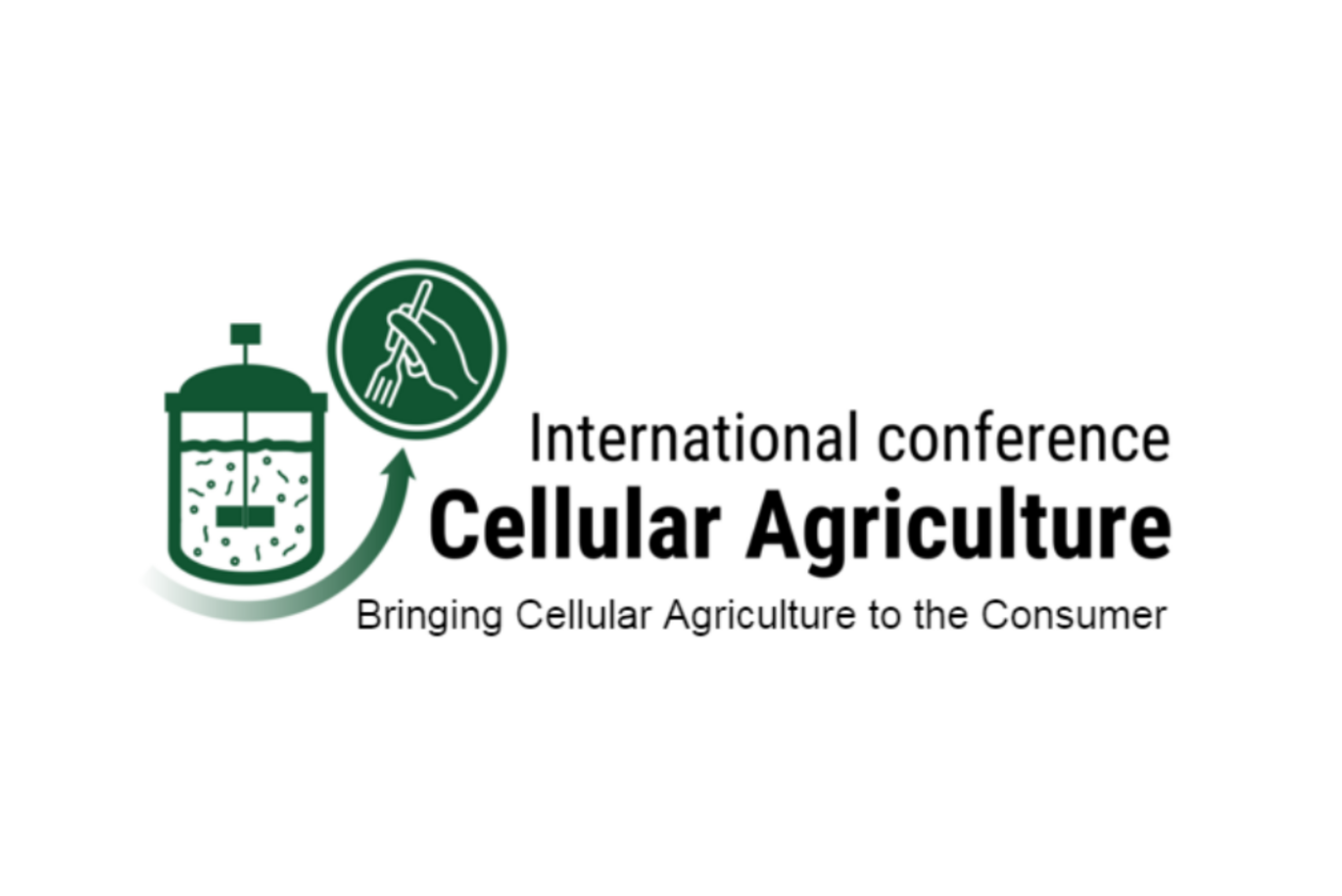The International Conference on Cellular Agriculture is coming to Aarhus: Here is what you can experience
From June 11th to June 13th the Department of Food Science at Aarhus University has the pleasure of hosting the Second International Cellular Agriculture Conference. Read more about the conference and why you should join below.

The conference gathers top experts and global actors in the field of Cellular Agriculture for food production. The focus of this years’ conference is Bringing Cellular Agriculture to the Consumer.
The goal is to share the latest research results and industry news and facilitate networking opportunities for new partnerships and ideas. The event also aims to share information with decision-makers and stakeholders internationally, but especially within the EU.
The First International Cellular Agriculture Conference was held in 2023 and hosted by VTT, the Technical Research Centre of Finland. This year, the conference is hosted by Aarhus University, Denmark.
What is Cellular Agriculture?
Cellular Agriculture is a broad term that covers all fields, from cultivated meat, milk and plant cell cultures, microbial and algal biomass, precision fermentation to produce proteins, lipids and other food ingredients.
“Basically, it covers any food or ingredient that is produced from cell level,” says Jette Feveile Young, Professor at Department of Food Science at Aarhus University and one of the organisers of the event.
The conference covers all the above fields and related fields such as sustainability and regulatory aspects. This conference focuses on all the sub-categories providing a forum for a joint discussion to generate new ideas and partnerships and to facilitate research, development, and innovation.
This year’s theme
The theme of the 2nd International Cellular Agriculture Conference is Bringing Cellular Agriculture to the Consumer. The theme has been chosen because the consumer is an essential part of the chain, Professor Jette Feveile Young explains.
“We need to demystify Cellular Agriculture in the eye of the consumer, because there is no hocus pocus involved – it is just biology. It’s simply a new way of sustainably producing food and ingredients and for its future success, it is essential the consumer understands this new food production system and the added value it will provide,” she says.
However, the two-day event covers much more than consumer acceptance.
“The theme has also been chosen with regards to upscaling, product quality, and regulation. It is crucial to work on consumer acceptance alongside product development because otherwise we will end up with a finished product that no one wants to buy,” she says and adds:
“And if we have a sustainable production and consumer acceptance but the regulatory aspect is lacking, we are also in trouble.”
Key takeaways from the conference
Even though the International Cellular Conference is a relatively new concept, and this is only the second time it is held, providing a forum where various stakeholders can meet is crucial.
"We had considered holding it every other year, but there is simply so much happening on an annual basis, that it would be too long to wait," Jette Feveile Young explains.
Especially since the technology is still so young, and there is a lot of research and innovation happening in parallel tracks where knowledge sharing could potentially be advantageous.
“It is important to gather all the stakeholders, so the researchers can get the latest updates on what is happening in the industrial sector and the other way around. Those involved in communication and consumer acceptance can be updated on the latest technical aspects and perhaps use that knowledge in their work,” Professor Young says.
Other than important knowledge, participants also have the opportunity to expand their network.
"When you leave the conference, you will come home with a larger network and new contacts. You will become better equipped to create future solutions in new collaborations across research, industry, and other stakeholders," she says.
Read more and register for the conference by following this link.
